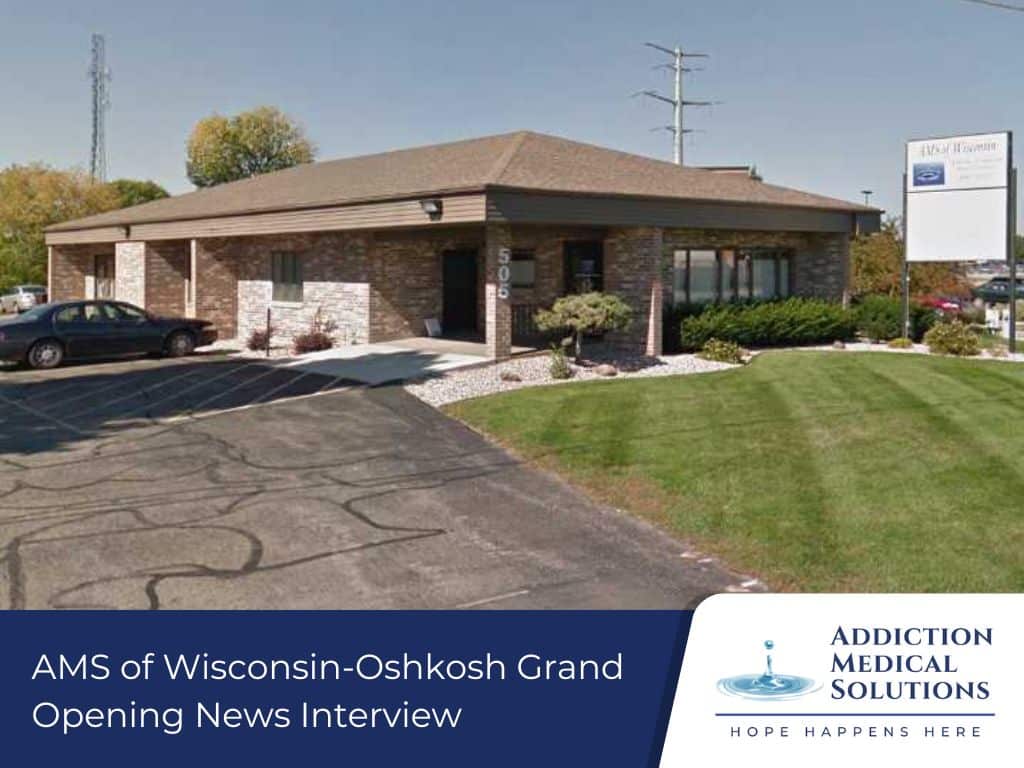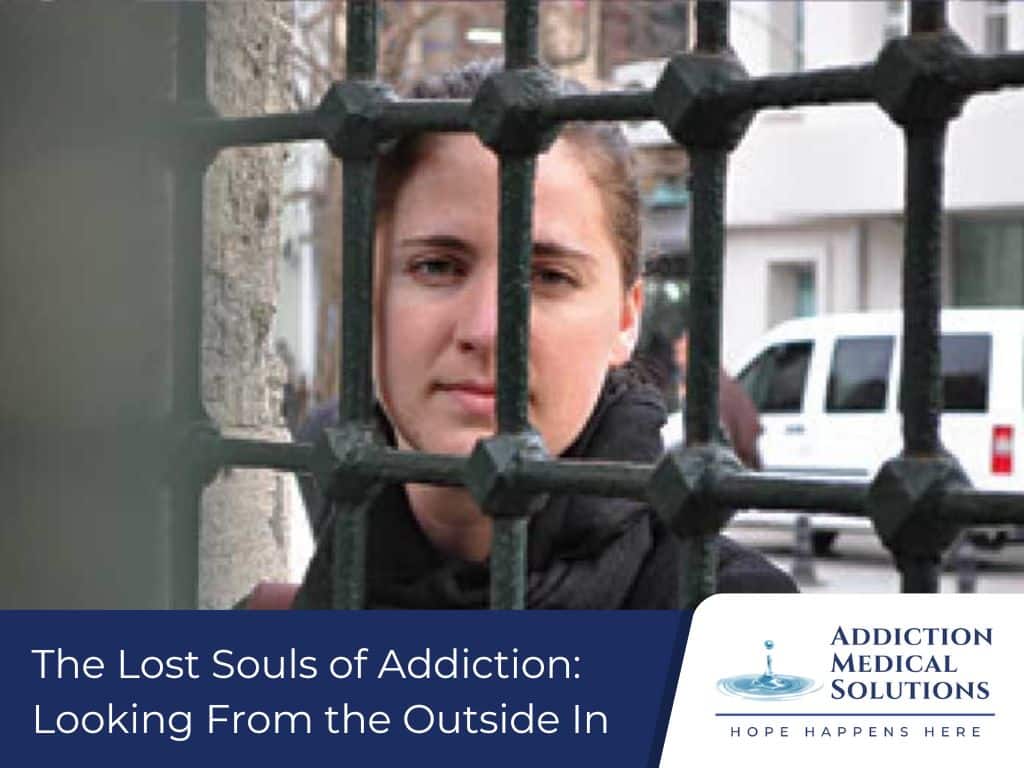
AMS of Wisconsin-Oshkosh Grand Opening News Interview
Path to Relief: New Methadone Clinic Opens
Addiction Medical Solutions is now open in Oshkosh, 505 Washburn Ave. The clinic means a path to relief for opiate users in Winnebago County
Addiction Medical Solutions, a methadone clinic, is now open at 505 Washburn Ave.
A methadone clinic is now open in Oshkosh, the latest step in a charge to reverse Winnebago County’s opiate problem.
Addiction Medical Solutions recently opened its second Wisconsin location at 505 Washburn Ave., with help from The Winnebago County Heroin Task Force, a team of local stakeholders that seeks to stanch opiate abuse here.
The new clinic will offer opiate users a lifeline to recovery, Joe Yana, a member of the Winnebago County Heroin Task Force said during a meeting Tuesday. Winnebago County users often traveled daily to the closest clinic in Appleton before the Oshkosh clinic opened.
“The best news we’ve had out of this committee is that,” he said. “It’s a great great accomplishment. The southern part of the county didn’t have a facility. People had to travel a long ways just to get treatment.”
Less than a month before AMS opened, Wisconsin Attorney General Brad Schimel declared the state’s opiate problem a “public health crisis.” Deaths caused by opiate overdoses have tripled in the last decade and now eclipse all motor vehicle crash deaths, he has said.
“We quickly discovered that this is not just a public safety crisis, it is a public health crisis,” Schimel told a crowd in Sheboygan Sept. 26. “You cannot arrest your way out of a public health crisis.”
There’s freshly laid asphalt here at Oshkosh’s AMS clinic; inside, new carpet covers the floors and photos of airplanes and Oshkosh landmarks line the walls.
Patients pay $16 a day, or $400 a month for a full week of drug treatments, plus mandatory group and individual counseling. The clinic also accepts Badgercare; under that, there’s no out-of-pocket fee.
AMS has five other locations nationwide, including a clinic in Onalaska that opened in September 2012. The Winnebago County Heroin Task Force toured that facility after starting talks in summer 2014 to bring a methadone center here.
It may take about two years of methadone treatments for a user to beat back the beast of addiction enough to cut ties completely with this treatment. The plan calls for gradual progress, Kerri Heegeman, executive director of the clinic, said. Pull the cord too soon and users are more likely to relapse.
“The accountability is there,” she said. “They’re not just coming in taking medication and going on their merry way.”
Yes: methadone, soboxone and similar drugs are addictive like opiates, Heegeman said.
But they kick-in gradually and last between 24 and 36 hours, which allows patients a window of clear head space to process counseling sessions, go to work, build a life. Heroin users seek a shot every three or four hours to dodge dope sickness, Jill Schabow, clinical supervisor, said.
There’s little relief between.
“It shows the growth in society’s acceptance of treatment,” Schabow said. “There’s very little success rate with abstinence among opiate addicts. Get them engaged and get them stable, so they’re not distracted by the merry-go-round of withdrawal and craving, and start doing some deep therapeutic work so they can re-integrate into society.”
Tennessee’s Acadia Healthcare now owns nine of Wisconsin’s 16 methadone clinics. The company in March bought Milwaukee-based clinic Quality Addiction Management, which has seven locations statewide, for $53 million.
In October 2014, Acadia bought California company CRC Health Group, which owns two methadone clinics in the Milwaukee area, for more than $1 billion.
Joey Jacobs, Acadia’s CEO and chairman, told the Milwaukee Business Journal in March that the company’s move to buy Quality Addiction Management “is consistent with our growth strategy of acquiring behavioral health services that serve a community need.”
And while methadone clinics help solve public health problems opiates unearth, they whittle down public safety problems these drugs cause too, Neenah Police Chief Kevin Wilkinson said during the Task Force meeting Tuesday.
“They are able to exist invisibly in a neighborhood,” he said. “People come in, get their medication, and go about their day.”
When users switch to methadone, they need not steal to feed that habit, like they might under opiates. So replacing black-market opiate addiction with clinical methadone treatments displaces crime.
“Opiate addicts don’t do well in traditional treatments, where it’s cold turkey,” Scott Stokes, director of prevention services at the AIDS Resource Center of Wisconsin said during Tuesday’s meeting. “There’s evidence out there that medication assisted treatment is just better.”
Reach Nate Beck at 920-858-9657 or nbeck@gannett.com; on Twitter: @NateBeck9
Questions About Treatment?
Get confidential help today.
- Access to licensed treatment centers
- Information on treatment plans
- Financial assistance options



